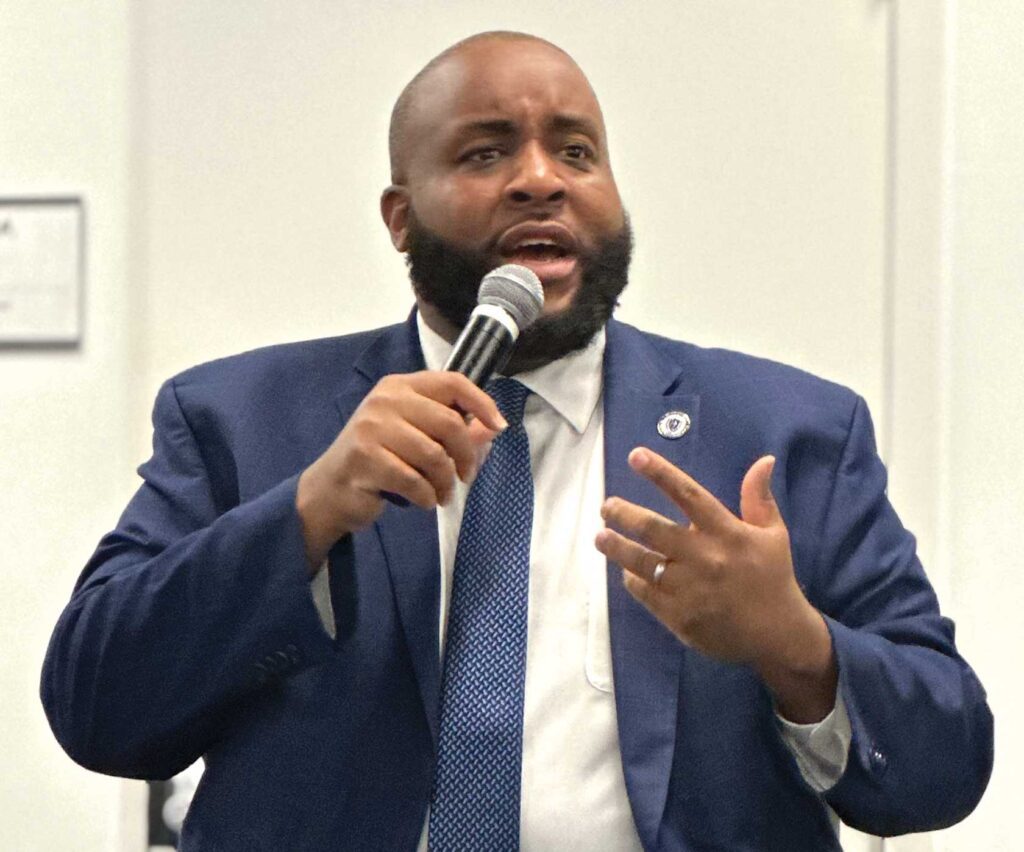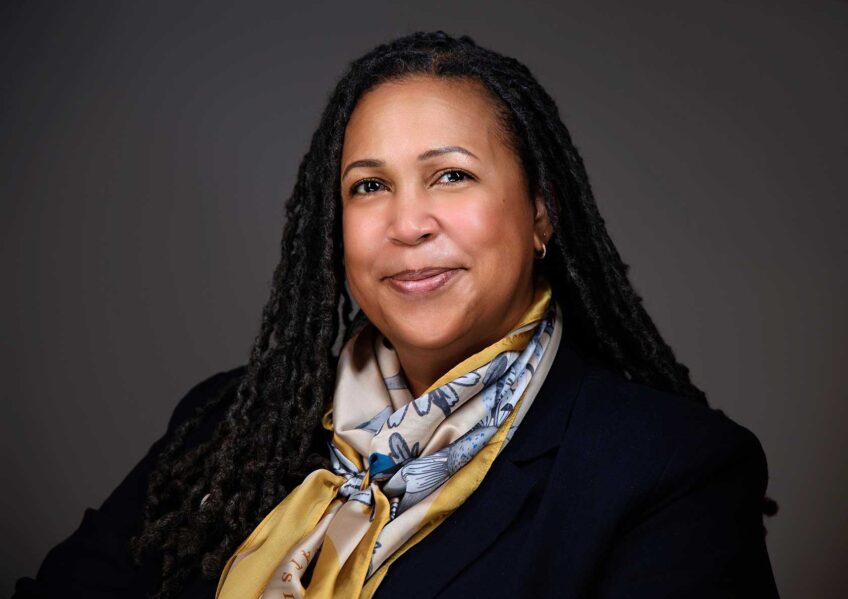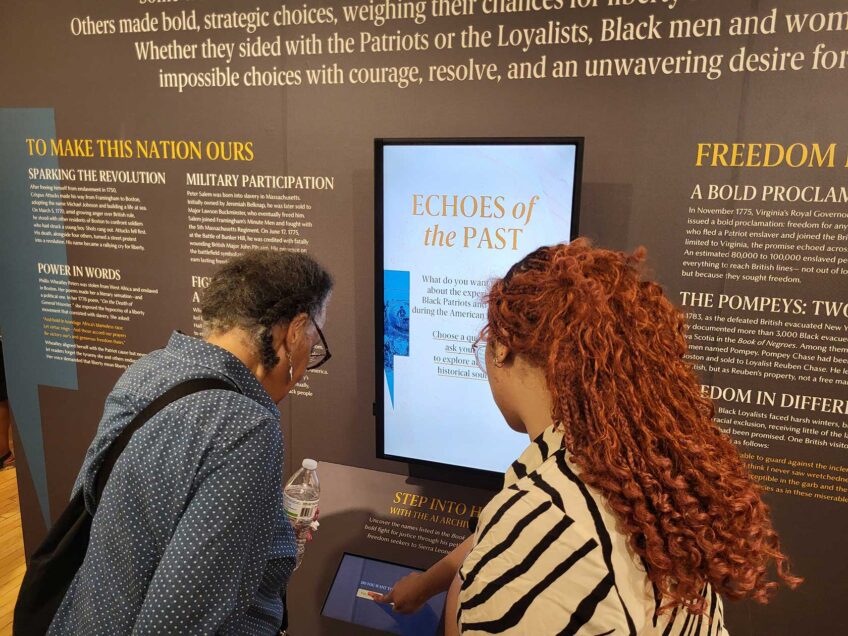Tufts study shows METCO participation boosts college attendance, graduation
‘Wouldn’t trade it for anything’ says State Rep. Christopher Worrell

As a student in the METCO program, Nicholas Vance used to wake up at 5:30 every morning to prepare for an hour-long bus ride from his home in Mattapan to school in Bedford. Now an education specialist and strategic initiatives manager at the National Grid, Vance said the “academic rigor” his suburban school offered was worth the hassle.
“I went from being a great student in [Boston Public Schools] to a C student overnight in METCO because I was so far behind where these students were educationally,” he said.
Vance credits METCO, which transports over 3,000 students annually from Boston to suburban schools, with teaching him soft skills such as codeswitching and preparing him for a career at a four-year college.
According to a 20-year longitudinal study released last Tuesday, METCO participation increased college attendance and graduation by 17 percentage points and 6 percentage points respectively.
The independent study, led by Tufts University economist Elizabeth Setren, also found that program participants, predominantly Black students, experienced lower suspension rates, slightly higher attendance and generally superior academic and career outcomes than their peers.
The Metropolitan Council for Educational Opportunity was founded in 1966 to improve access to quality education for Black children in Boston by integrating them into a handful of schools in predominantly white neighboring suburbs. Today, the organization has 33 district partners.
The organization’s president and CEO, Milly Arbaje-Thomas, said she was “pleased” with the results of the study — the most comprehensive one yet — which showed that “[METCO] is working in closing achievement gaps for Black and brown residents of Boston who participate in the program.”
Arbaje-Thomas said she would use the study to enhance the program, focusing on strengthening the alumni network for recent high school graduates to bolster college graduation rates. She said METCO would also work to “[make] sure students are prepared for advanced level coursework.” The program currently has no bearing on Advanced Placement exams, according to the study.
State Rep. Christopher Worrell, who graduated from Lincoln-Sudbury High School in 2004, said his METCO experience taught him how to navigate majority-white spaces, which he encounters frequently, and that he “wouldn’t trade it for anything.”
“It literally has gotten me to where I’m at,” he said. “I don’t think I would be here if it wasn’t because of the METCO program.”
For some, METCO participation was challenging. Tony Laing, assistant vice president for diversity, equity, inclusion and belonging at Worcester Polytechnic Institute, said he was grateful for his METCO experience but called it “a mixed bag.”
Laing recalled being in an Individualized Education Program that left him straggling behind his peers academically. He said he struggled to advocate for himself as a “Black male from the inner city of Dorchester at this majority white, competitive, high school.”
While the Tufts study determined that METCO had no negative academic or behavioral impacts on students in participating suburban districts, Laing, a former METCO director for Wayland Public Schools, said the program should be “a two-way reciprocal exchange,” recommending that it also transport suburban students to the inner city.
Other alumni highlighted the “frustration” associated with adjusting to an environment that wasn’t always “welcoming.”
“There were a few little times where you’re like, ‘Do I really belong here?’” said Natascha Faye Saunders, a 1996 Natick High School graduate and author.
Saunders said she ultimately appreciated the opportunities METCO afforded her that, at the time, Boston Public Schools could not.
Kurtis Martin, METCO director for Reading Public Schools and former program participant, said “METCO works, but it doesn’t work for everybody.” He emphasized that the organization “still [has] a lot of work to do to close a lot of inequity.”
Vance, the National Grid education specialist, said because “BPS still has a long way to go,” METCO remains a welcome alternative.
“I think for many of our families in and around Boston that can’t afford private schools, METCO is a great free public option for people and especially parents who are really hoping to give their kids the best shot at a quality education,” he said.






